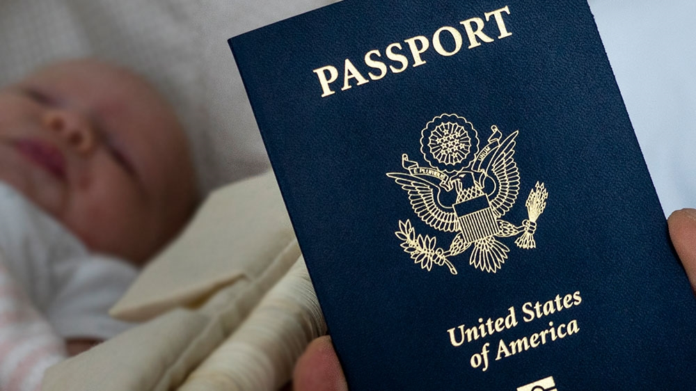
The U.S. Takes Action Against Visa Abuse: What You Need to Know
By Samuel A. Lopez, Legal Analyst and Journalist, USA Herald
In a major shift, the U.S. government has imposed new restrictions on tourist visa renewals, aimed at clamping down on the misuse of B-1/B-2 tourist visas. The changes come as part of an ongoing effort to deter fraudulent activities such as “birth tourism” and unauthorized employment, which have been concerns in both public discourse and law enforcement circles. By reducing the time frame for visa interview waivers, the U.S. is making it harder for those attempting to abuse the system to evade thorough scrutiny.
With tighter restrictions in place, individuals looking to renew their visas will now face greater challenges. For many, the days of flying under the radar may be over. Here’s a breakdown of the recent changes, the issues at play, and the legal framework guiding these policies.
Key Changes to Visa Policies: The 12-Month Rule
The Department of State recently reduced the time frame for visa interview waivers from 48 months to 12 months. This critical adjustment means that applicants looking to renew their tourist visas must now do so within a significantly shorter window, which will undoubtedly impact those who are misusing the system. For many, this change results in the need for in-person interviews at U.S. consulates—an added hurdle for individuals looking to bypass legal processes.
Previously, applicants could renew their B-1/B-2 visas without an in-person interview if they had a prior visa in good standing. Now, with the policy change, this exemption is significantly restricted. For many, the new rule could serve as a deterrent from attempting to re-enter the U.S. for unauthorized purposes, such as working illegally or engaging in “birth tourism.”
The Legal Framework Behind Visa Scrutiny
These changes fall within the purview of various U.S. federal laws and regulations, including the Immigration and Nationality Act (INA) and the Illegal Immigration Reform and Immigrant Responsibility Act of 1996 (IIRIRA). Both pieces of legislation lay out the framework for how visas are issued, renewed, and scrutinized, and how individuals can be held accountable for misusing them.


